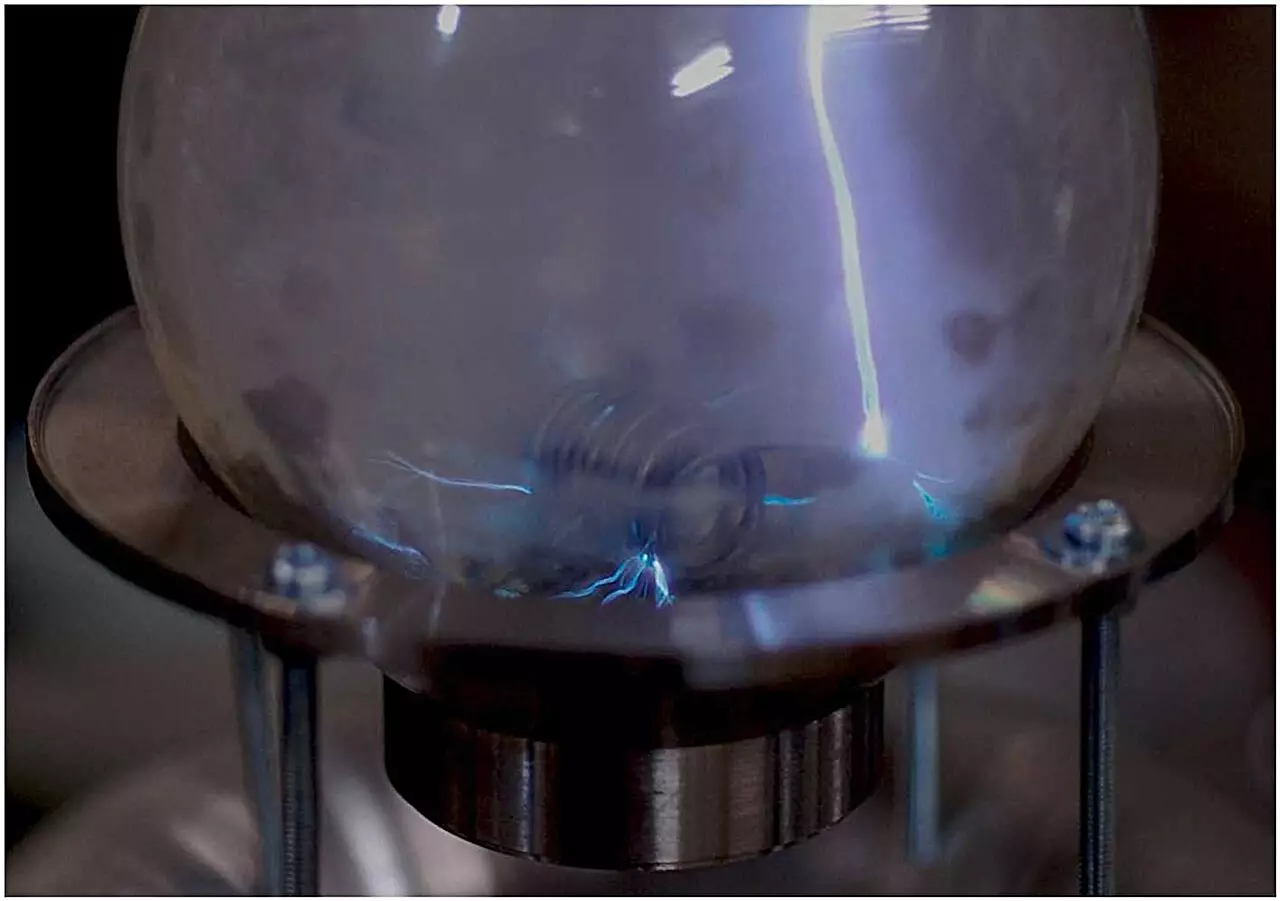Recent advancements in polymer chemistry have emerged from researchers at the University of Tsukuba, who have pioneered a groundbreaking technique for synthesizing widely used polymers like polystyrene without the reliance on conventional catalysts or initiators. Their approach utilizes a Tesla coil, a high-voltage, high-frequency generator, to generate radical species that drive the polymerization process. This innovative method has significant implications for both the efficiency and environmental impact of polymer synthesis, as it deviates from traditional methods that often involve metals and other chemicals that can be harmful to the environment. The findings are documented in the reputable journal *Next Materials*.
Polymers play an essential role in our daily lives, serving as the backbone for countless products, including food containers, packaging materials, and thermal cases. Historically, the production of these materials has depended on metal catalysts and various initiators which pose challenges related to purity, sustainability, and safety. The University of Tsukuba team has built upon their previous experiences in developing polymerization techniques for conductive polymers to create this new strategy, further highlighting the versatility and potential of spark discharge polymerization.
Mechanism of the Tesla Coil Method
The key innovation in this research is the utilization of a Tesla coil to create a spark discharge that generates monomer radicals outside the reaction vessel. This unique capability enables the researchers to initiate polymerization without the direct involvement of traditional initiators. The absence of a counter electrode allows for the safe and efficient external plasma treatment that triggers polymerization, leading to high-purity products like polystyrene and polymethyl methacrylate (PMMA). Not only does this approach simplify the synthesis process, but it also enhances the overall quality of the resulting polymers.
In addition to polystyrene synthesis, the research team has discovered that the Tesla coil’s spark discharge can also be applied to conjugated polymers. Here, they employ the “soliton” produced during the discharge as a novel initiator for polymerization. This innovative step marks a significant advance in synthetic polymer chemistry, paving the way for materials that could have specialized applications in electronics and photonics.
The University of Tsukuba’s research reveals how integrating modern technology, such as a Tesla coil, into traditional chemical processes can lead to radical changes in material synthesis. This unique methodology not only streamlines the synthesis of critical polymers but also emphasizes the potential for creating environmentally friendly and efficient production processes. As a result, this advancement opens new avenues for future research, ultimately benefiting various industries and pushing the boundaries of what is achievable in synthetic polymer chemistry. With ongoing exploration, we may soon see a transformation in how widely used materials are manufactured, supporting a more sustainable and innovative approach to materials science.


Leave a Reply